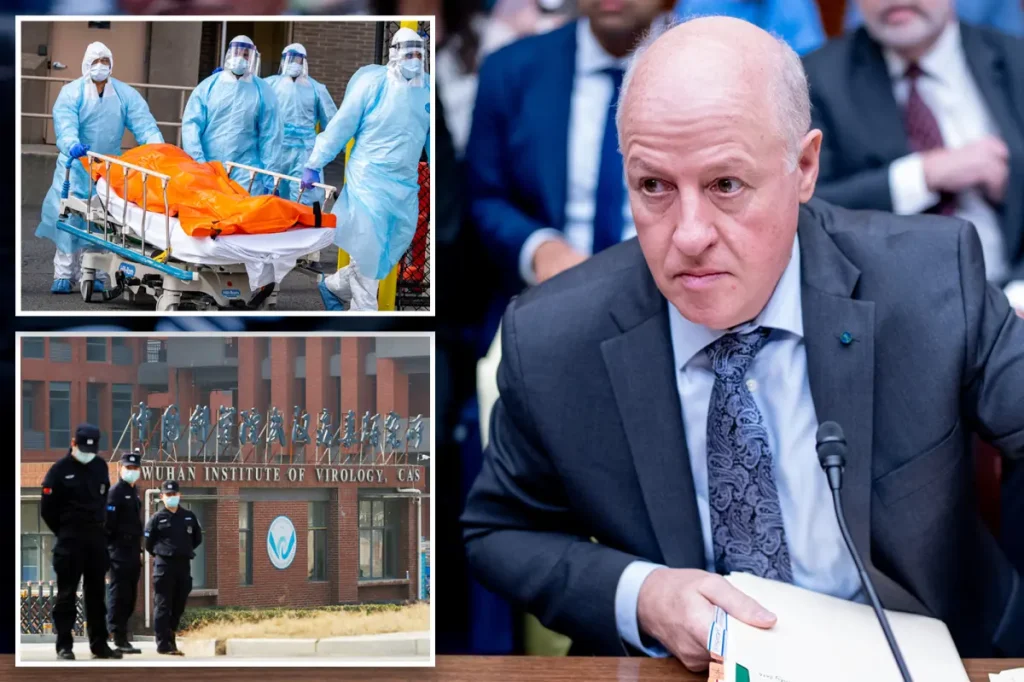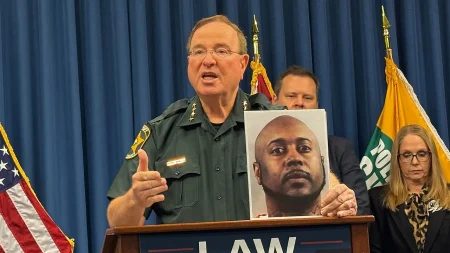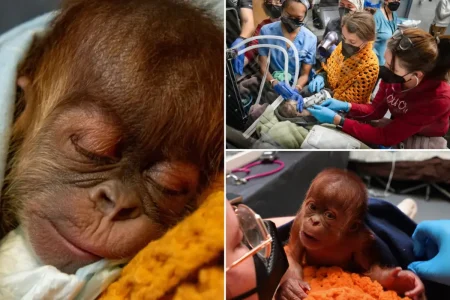From Research Leader to Legal Battles: Dr. Peter Daszak’s Post-EcoHealth Alliance Journey
In a dramatic turn of events that reads like the final chapters of a scientific career gone awry, Dr. Peter Daszak, the former president of EcoHealth Alliance, has filed a $3 million lawsuit against the nonprofit organization he led for nearly two and a half decades. Court documents paint a stark picture of his current circumstances, describing the 59-year-old scientist as “unemployed” and “poor” following his termination in December. This legal action comes in the wake of serious allegations about EcoHealth’s work with the Wuhan Institute of Virology in China—research that has become central to discussions about the origins of the COVID-19 pandemic. The fall from grace is particularly steep for Daszak, who once commanded a salary of $443,590 according to EcoHealth’s 2024 tax filings, and who was a respected voice in the field of emerging infectious diseases and wildlife conservation.
The controversy surrounding Daszak intensified earlier this year when he was barred from receiving federal funding until 2029—a devastating penalty for any research scientist. This sanction came after investigations revealed that he had failed to disclose potentially dangerous genetic enhancement of coronaviruses to government authorities. The House Oversight Committee’s Select Subcommittee on the Coronavirus Pandemic went further, uncovering evidence suggesting that EcoHealth Alliance and Daszak had “willingly” and “repeatedly” violated requirements related to their $4 million National Institutes of Health grant during their work in China. These violations have led to serious consequences not just for Daszak personally but for the entire organization. Republican Congressman James Comer of Kentucky, who chairs the House Oversight Committee, made his position clear: given the likelihood that a lab-related incident involving gain-of-function research was the origin of COVID-19, neither EcoHealth nor its former president should ever again receive taxpayer funding.
The unraveling of EcoHealth Alliance itself has been swift and complete. According to Daszak’s lawsuit, the board of directors ordered him to terminate all 26 employees in December before dismissing him as well. By April, the organization had completely shut its doors, bringing an end to its operations after years of conducting research on emerging infectious diseases around the world. Adding to Daszak’s grievances, he claims his severance package was withheld, contributing to his current financial difficulties. The court filings describe a man whose career has effectively collapsed, leaving him without income and struggling to maintain his previous lifestyle—a dramatic reversal for someone who was once at the forefront of international scientific collaboration in virus research and wildlife conservation.
Despite these setbacks, Daszak has shown remarkable resilience and determination to continue his work, albeit under a new banner. Almost immediately after EcoHealth Alliance’s closure, he and former colleagues launched a new nonprofit organization called Nature.Health.Global, which appears to pursue a mission similar to that of his former organization. Through this new entity, Daszak has already authored a research paper published in August focusing on “widespread spillover risk of a group of coronaviruses” from Chinese pig farms—demonstrating his continued engagement with the very type of research that brought him under scrutiny. However, the financial structure of this new organization remains opaque; Nature.Health.Global has not yet submitted financial documents to the IRS and did not respond to inquiries about its funding sources or Daszak’s compensation, raising questions about how the organization is sustaining itself and its founder.
Beyond his scientific pursuits, Daszak has become increasingly political in his activities, perhaps reflecting a belief that his scientific troubles are as much about politics as they are about research protocols. Recently, he has been active in organizing opposition to the Trump administration’s science policies, including organizing a protest in Washington, D.C., against what he characterizes as a “war on science.” Additionally, he has been involved in efforts to impeach Health and Human Services Secretary Robert Kennedy Jr., who has been critical of mainstream scientific establishments and has expressed skepticism about various public health measures. These political activities represent a new dimension to Daszak’s public persona, transforming him from a behind-the-scenes researcher to a more visible activist in science policy debates.
The story of Peter Daszak and EcoHealth Alliance serves as a cautionary tale about the intersection of high-risk scientific research, international collaboration, transparency requirements, and political scrutiny. What began as work aimed at preventing future pandemics has instead become entangled in investigations about the origins of the very type of global health crisis it sought to avert. As Daszak pursues his lawsuit and attempts to rebuild his career through a new organization, the scientific community and public will continue to grapple with difficult questions about appropriate oversight for potentially dangerous research, the responsibilities of scientists to disclose risks, and the proper balance between scientific freedom and public safety. Meanwhile, Daszak himself faces an uncertain future as he navigates legal challenges, financial difficulties, and continued scrutiny of his work—a stark contrast to his former status as a leading figure in global health research. His representatives declined to comment on the lawsuit, leaving many questions unanswered about both his past actions and future plans.










